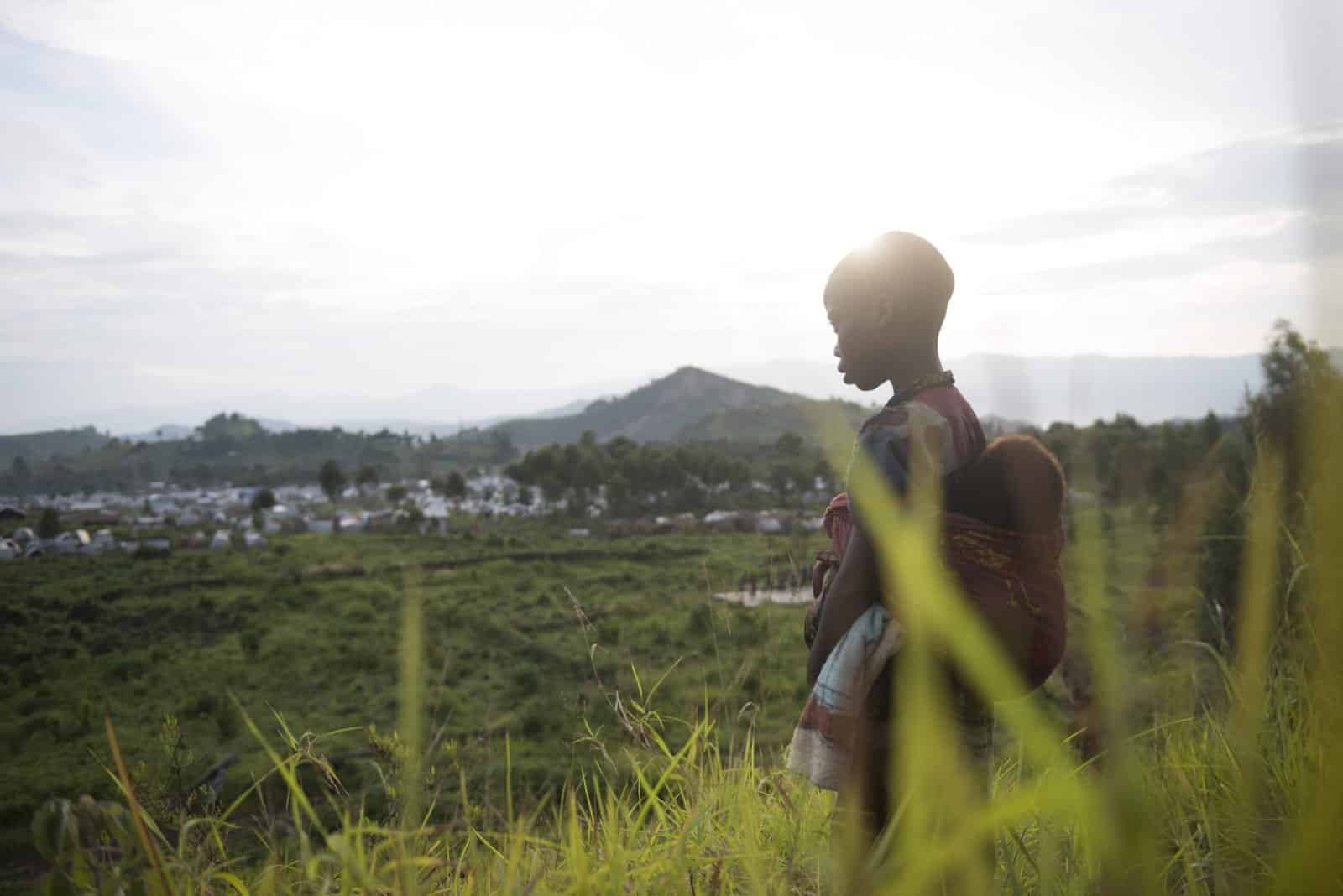Hundreds of thousands of Congolese migrants have been forced to leave Angola, as part of an Angolan crackdown on illegal diamond mining. The Congolese were working in the informal mining sector in north-east Angola, before the order for their eviction was issued. The United Nations is warning that this mass expulsion may result in a humanitarian crisis in the Kasai region of the Democratic Republic of Congo, where the migrants have been forced to return.
As the migrants return, they are faced with a difficult situation due to recent conflict in the area caused by left over tension from the 2016-2017 Kasai conflict. Grand Kasai is a region in central DRC, where 1.4 million people have been forced from their homes since August 2016 by conflict between the Congolese government and various militias.
This conflict arose as a result of a disagreement over traditional provincial authority in Kasai-Central province. In 2012, Jean-Pierre Pandi returned to the DRC from South Africa to succeed his uncle as the one of the main chiefs in Kasai-Central’s Dibaya territory. The chiefs, or Kamwina Nsapu, exercise control over land and administration and are required to have state recognition. The Congolese government refused to recognize Pandi as the Kamwina Nsapu, as the region is a stronghold for government opposition. In April 2016, while Pandi was away in South Africa, government authorities visited his territory to search for weapons. Pandi then accused the authorities of defiling sacred objects and of the attempted rape of one of his wives. As a result, Pandi encouraged his supporters to destroy state symbols, particularly public buildings, and drive state officials out of the territory. On August 12th, 2016, Pandi was killed during a fight between his and government forces. The Congolese government claims that its goal was to arrest Pandi and the shooting was accidental, but there have been rumours of the government soldiers mutilating his corpse.
After the death of Pandi, the Kamwina Nsapu militia, consisting of Pandi’s supporters who named themselves after his title, increased their attacks against the DRC and inspired similar movements in other areas of Grand Kasai. This proliferation of local militias spread the conflict across the entire region and combined with the Congolese armed forces’ brutal response, has created an environment of dangerous instability.
The United Nations Human Rights Council is concerned that the return of the Congolese migrants from Angola will exacerbate the situation with added tensions, and thus, the UNHCR is encouraging cooperation between the Angolan and Congolese governments in order to ensure the safety and wellbeing of the migrants. As mass expulsions are against he obligations outlined in the African Charter on Human and Peoples’ Rights, the Human Rights Council is requesting that both governments respect the migrants’ human rights. UNHCR teams are also working with the UN and other regional organisations in order to assess humanitarian needs, which include food, water, shelter, and transport home for new arrivals. However, should the cooperation end, the council has warned that a humanitarian crisis could emerge.
